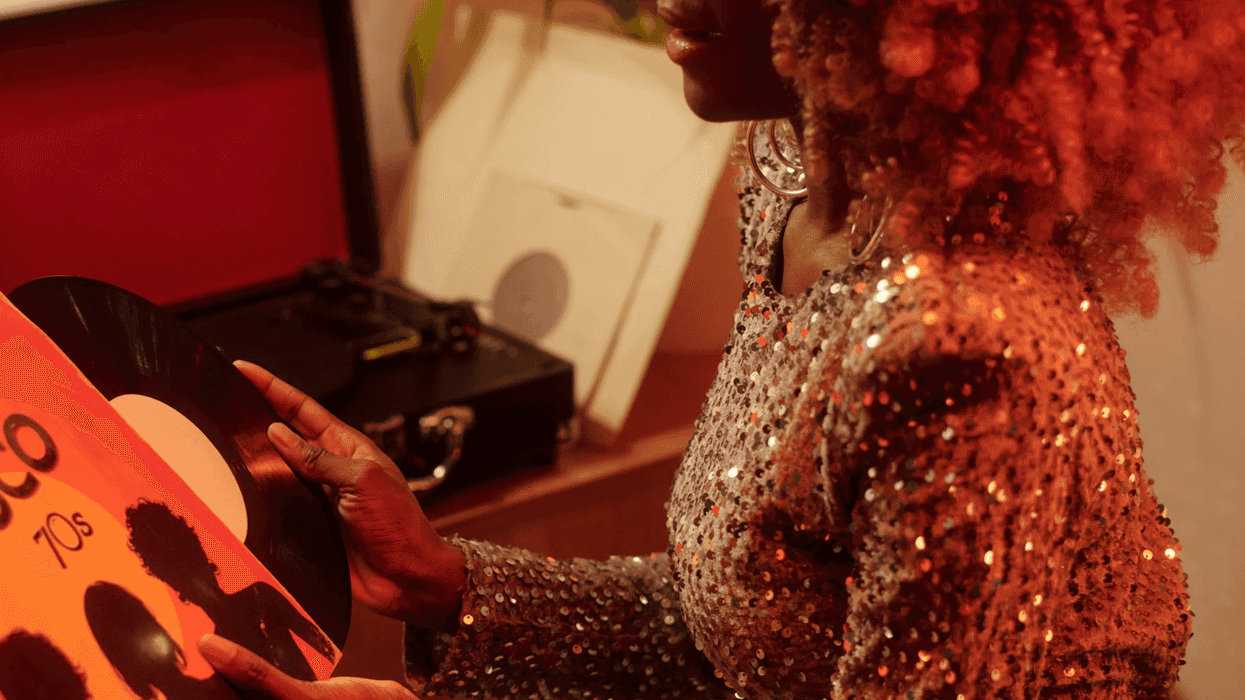As thousands of people of all ages marched around the country as part of the Occupy movement's "Day of Action" yesterday, teachers and students joined in to protest the devastating budget cuts wreaking havoc on colleges and K-12 schools. A group of secondary students from the South Bronx who call themselves The Resistance has developed a 10-point list of demands they say would put the "public" back in public education and give the nation’s children a quality learning experience.
The students, who formed the group through the DreamYard A.C.T.I.O.N. Project—a four-year arts, activism, and youth development program for Bronx teens—developed the list in July, well before the first Occupy Wall Street protests began. The demands, which they spelled out at a recent protest captured in the video above, reflect issues that have been simmering in education for years.
Their call for equitable, full funding of public schools will resonate with anyone who has taught or been taught in low-income schools whose resources have been gutted. And while it’s easy to think that teachers only protest budget cuts because they're afraid they might get laid off, it's clear that the students feel the biggest impact. They're demanding an end to cuts to extracurriculars, rising class sizes, and a lack of books, materials, and technology.
The students are also fed up with an over-emphasis on standardized testing. Like many teachers and education experts, the students want assessments that "reflect the variety of ways that we learn and think." And, at a time when mayoral control of public education is common across the country, the students are speaking out against the disregard for neighborhood voices. Instead of wealthy policymakers and businesspeople packing city education boards, the students want the creation of community boards made up of "parents, educators, education experts, community members, and a minimum of five student representatives."
Their call for well-trained and effective teachers is unsurprising; few would disagree that a great teacher is the catalyst for a quality education. Instead of the revolving door of teachers common in low-income communities, the students want to be taught by educators with significant experience, who are "ethnically, culturally, and racially" diverse.
We need students to complete their education so that the nation can remain economically competitive, so a well-articulated call for "a healthy, safe environment that does not expect our failure or anticipate our criminality," should be taken seriously. Sure, some of The Resistance's demands are pretty pie-in-the sky—many decision-makers will probably ignore them. But, they shouldn't. These students are the biggest stakeholders in education, and we should be proud that they're participating in democracy and speaking out about their convictions.
















 Otis knew before they did.
Otis knew before they did.